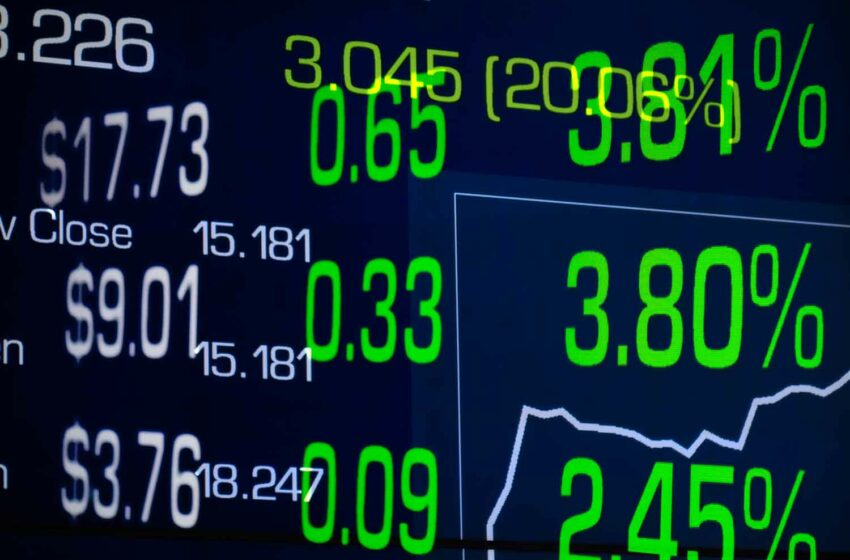Philip Morris International’s cigarette shipment volume during the third quarter, at 223,124 million, was down by 5.7 percent on that of the third quarter of 2012, 236,531.
Shipments were down in all of its regions: in Latin America and Canada by 0.2 percent from 24,007 million to 23,957 million; in the EU by 5.2 percent from 51,629 million to 48,969 million; in Eastern Europe, Middle East and Africa (EEMA) by 5.5 percent from 81,388 million to 76,902 million; and in Asia by 7.8 percent from 79,507 million to 73,296 million.
In reporting its third-quarter results, PMI said that volume was down principally due to a total industry volume decline. In the EU, the decrease in shipments was put down to the unfavorable impact of excise tax-driven price increases, the weak economic and employment environment, the share growth of the other tobacco products (OTP) category and the prevalence of non-duty paid products.
In the EEMA, the fall in shipments was attributed to the impact of price increases in Russia in the first and third quarters of 2013, an increase in illicit trade and a weak economy.
And in Asia the shipments downturn was said to be due to the unfavorable impact of the disruptive January 2013 excise tax increase in the Philippines, and lower share and the reversal of trade inventory movements in Pakistan following the excise tax increase in the second quarter of 2013, partly offset by the market in Indonesia.
In fact, PMI said that, excluding the effects of the January tax increase in the Philippines, its cigarette shipment volume would have decreased overall by 4.1 percent.
With the exception of Parliament, shipments of all of the brands reported by PMI were down, comparing volumes during the third quarter of 2013 with those of the third quarter of 2012. Marlboro shipments during the third quarter of 2013, at 75.2 billion, were down by 2.5 percent on those of the third quarter of 2012.
Shipments of L&M, at 24.1 billion, were down by 2.1 percent; while those of Bond Street, at 11.9 billion, were down by 7.2 percent; those of Philip Morris, at 8.8 billion, were down by 6.6 percent; those of Parliament, at 11.8 billion, were up by 0.4 percent; those of Chesterfield, at 9.2 billion, were down by 1.9 percent; and those of Lark, at 7.2 billion, were down by 11.9 percent.
The shipment volume of OTP, in cigarette equivalents, fell by 1.7 percent between the third quarters of 2012 and 2013, which meant that the total shipment volume for cigarettes and OTP in cigarette equivalent units decreased by 5.5 percent.
Despite these falls in volume, PMI was able to report share increases in a number of markets, including those of Algeria, Argentina, Austria, Belgium, Brazil, Canada, Egypt, France, Greece, Indonesia, Italy, Kazakhstan, Korea, the Netherlands, Poland, Portugal, Saudi Arabia, Spain, Thailand, Turkey, Ukraine and the U.K.
Meanwhile, PMI’s reported diluted earnings per share (EPS) during the third quarter of 2013, at $1.44, was up by $0.12 or 9.1 percent on that of the third quarter of 2012. And adjusted diluted EPS, at $1.44, was up by $0.06 or 4.3 percent.
Reported net revenues, excluding excise taxes, at $7.9 billion, were up by 0.1 per cent.
Reported operating companies’ income, at $3.7 billion, was down by 1.0 per cent, while adjusted operating companies income, at $3.7 billion, was down by 1.9 per cent
“Our strong EPS and cash flow performance this quarter primarily reflected robust pricing,” said CEO André Calantzopoulos. “Our share momentum, particularly in the EU, partially offset weaker industry volumes.
“While the evolution of the macro-economic environment and tax-paid cigarette industry volume remain a challenge, our business fundamentals are solid and we continue to anticipate a strong final quarter.
“Our confidence in these fundamentals was further reflected in our announcement during the quarter of an increase in our regular quarterly dividend of 10.6 per cent. Since the spin-off, we have increased the dividend every year by an accumulated 104.3 per cent to reach an annualized rate of $3.76 per common share.”










